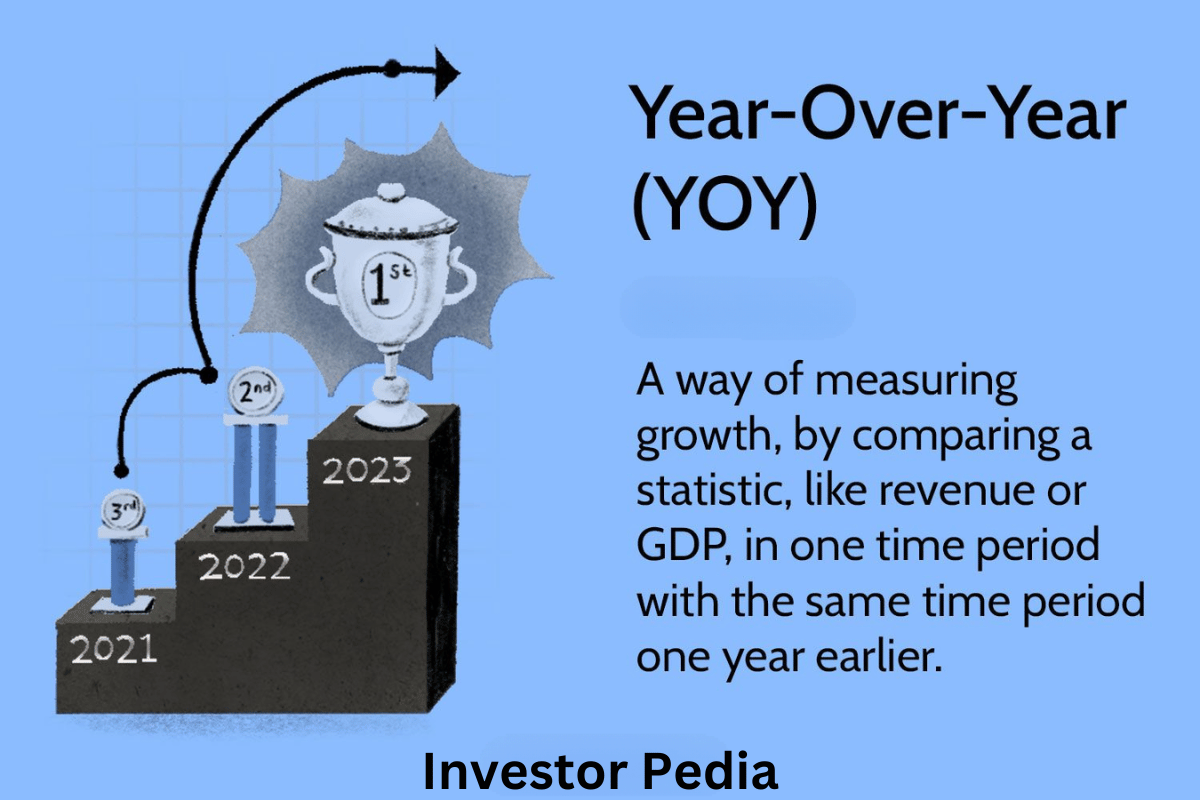There is no doubt that finance is a lucrative career field. But is it the right choice for you? In this blog post, we will discuss whether is finance a good career path for you, and give you some tips on how to decide if this is the right path for you. We will also provide complete facts about what a career in finance entails so that you can make an informed decision!
The finance industry is booming, and there is no shortage of job opportunities. If you’re looking for a stable career with good pay and plenty of room for growth, finance is a great option. But it’s important to understand that a career in finance is not all about making money. There are also some downsides to consider before making your decision.
For starters, the finance industry is extremely competitive. If you want to succeed, you’ll need to be able to work long hours and handle a lot of stress. You’ll also need to have a sharp mind and be good with numbers. If you’re not prepared for this level of competition, you may find yourself struggling to keep up.
Another downside of a finance career is that it can be very high-pressure and fast-paced. If you’re not used to working under pressure, this may not be the right environment for you. You’ll also need to be comfortable with risk, as there is always some level of risk involved in investments.
Types of Careers in Finance
There are many different types of careers in finance, from investment banking to financial planning. Here are some of the most popular finance career paths:
Investment Banking: Investment bankers help companies raise money by issuing and selling securities. They also provide advice on mergers, acquisitions, and other financial transactions.
Financial Planning: Financial planners help individuals and families plan for their financial future. They provide advice on saving, investing, and spending money.
Asset Management: Asset managers oversee portfolios of investments for individuals, families, and institutions. They make decisions about what to buy and sell, and when to buy and sell it.
Commercial Banking: Commercial bankers provide loans and other financial services to businesses. They also manage deposits and provide other banking services.
Investment Management: Investment managers oversee the investment portfolios of individuals, families, and institutions. They make decisions about what to buy and sell, and when to buy and sell it.
What Does a Career in Finance Entail?
A career in finance requires a lot of hard work and dedication. If you’re considering a career in finance, you should be prepared to work long hours and handle a lot of stress. You’ll also need to have a sharp mind and be good with numbers.
In addition to the above, a career in finance also requires:
– A bachelor’s degree in business, economics, or a related field
– A strong understanding of financial concepts and principles
– The ability to use financial software and applications
– The ability to analyze data and make sound investment decisions
– Excellent communication and interpersonal skills
Tips for Deciding if Finance is the Right Career for You
If you’re still not sure if a career in finance is right for you, here are some things to consider:
– Do you have a strong understanding of financial concepts and principles?
– Ability to use financial software and applications?
– Have the ability to analyze data and make sound investment decisions?
– Are you comfortable with risk?
– Can you handle a high-pressure, fast-paced environment?
– Do you have the dedication to work long hours and handle a lot of stress?
Only you can answer these questions, but they should give you a good idea of whether or not finance is the right career for you. If you’re ready to make the commitment, a career in finance can be very rewarding. Just be sure to do your research and understand what you’re getting into before making the leap.
What Is the Highest Paying Finance Job?
The highest-paying finance job is that of an investment banker. Investment bankers help companies raise money by issuing and selling securities. They also provide advice on mergers, acquisitions, and other financial transactions.
Investment bankers typically earn a base salary of $100,000-$200,000. However, they can also earn bonuses and commissions, which can add up to a lot of money.
What Is the Future of Finance?
The future of finance is uncertain. With the recent economic downturn, many finance jobs have been lost. However, the industry is slowly starting to rebound. The future looks promising for those with the skills and experience needed to succeed in finance.



